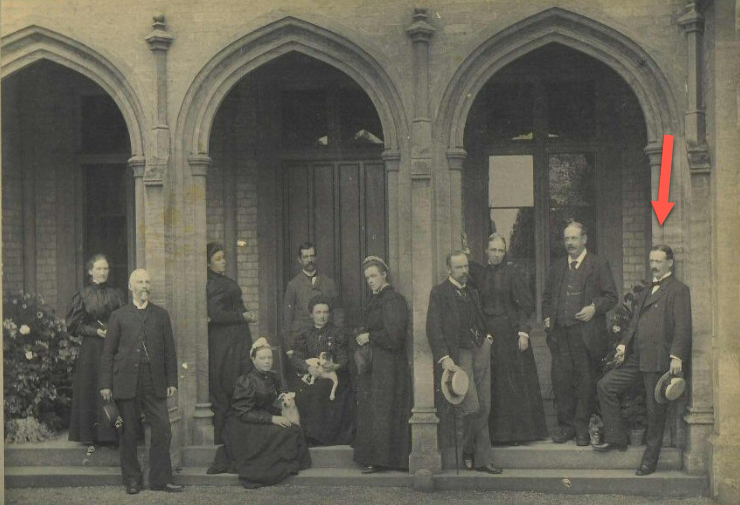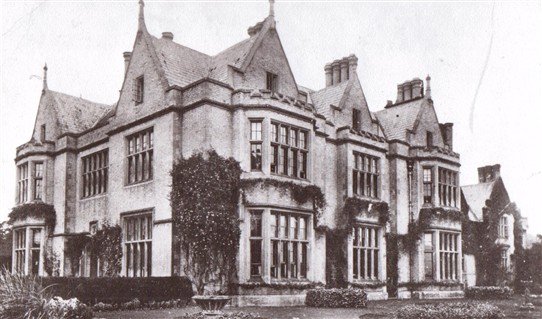15 September, 1883
Left for Leeds. 10.10 a.m. missed Macfarran at
the station – had accident to train in front of us
at Lofthouse – no one killed – rehearsed “King
David” – 2nd part not satisfactory –returnedwent on to
to town at 10 p.m. supped at F
Whatton Manor (E.A. Hall’s) in the evening.
A. Cellier, Douglas Grant & self the only visitors.
In 1883 Sullivan was again the principal conductor of the Leeds Music Festival. One of the new pieces written for this festival was the oratorio King David, by the composer George Alexander Macfarren. At this point, Macfarran has had a long and distinguished career as both a composer and educator, though I don’t believe any of his works are regularly performed today.
It was often the practice of living composers to conduct their own works at Leeds. Macfarran, however, was both 70 years old and totally blind. Sullivan visited Macfarran at his home at least twice in 1883 to discuss the work, on 29 January and 24 April. Back in January Sullivan noted of the work, “a great deal […] I like very much – it is more melodious & genial than most of this works”.
15 September was the first rehearsal of King David in Leeds. Fortunately, no one was killed en route.
After the rehearsal, Sullivan wrote that he returned to London at 10 p.m., and had supper at … well, no he didn’t. He did write that in the diary, but later crossed it out. This is a curious aspect of several diary entries; it appears Sullivan sometimes wrote in his future plans for the day, and then later recorded what truly happened. Which sometimes makes me wonder whether he sometimes forgot to do so.
In this case, he accepted an invitation from “E. A. Hall” to instead head over to Hall’s stately home in Nottinghamshire. Edward Algernon Hall was a good friend of Sullivan’s in The City (of London), and was a partner in the merchant and investing firm C. Cooper, Hall, & Co. Sullivan was an investor. In a few weeks, he will wish he hadn’t been.

Whatton Manor was an immense Victorian gothic pile built in 1840 by Hall’s father Thomas Dickenson Hall. One can understand why Thomas did not instead name his estate Whatton Hall. After several changes of family ownership, Whatton Manor was demolished in the 1960s.
Towards the end of his life—he died in 1933—Edward Hall might have been the author of a pseudoscientific tome called The rediscovery of truth by the solar and other spectra, which is still in print.
A. Cellier was Alfred Cellier, brother of François (“Frank”) Cellier, both long time Sullivan pals and musical collaborators. Douglas Grant was the son of another Sullivan friend, David Beach Grant, from the wealthy banking and locomotive building family in New York. Sullivan’s diaries relate many adventures with several Grants.
Dr. J. Donald Smith wrote a great summary of Sullivan’s friendship with the Grant family, in Magazines 91 and 92 of the Sir Arthur Sullivan Society.
The next day, the party continues…

